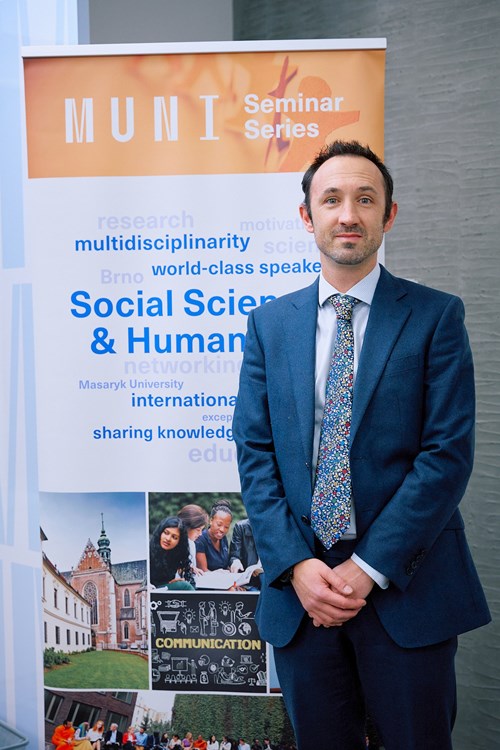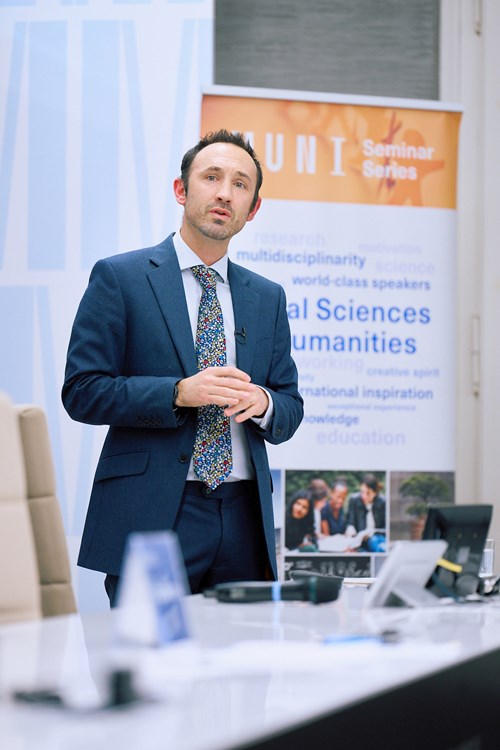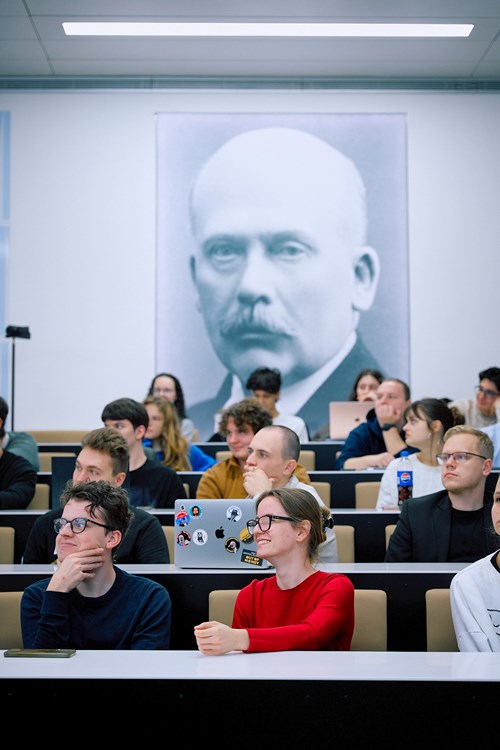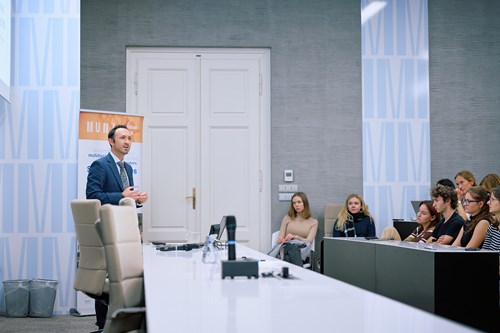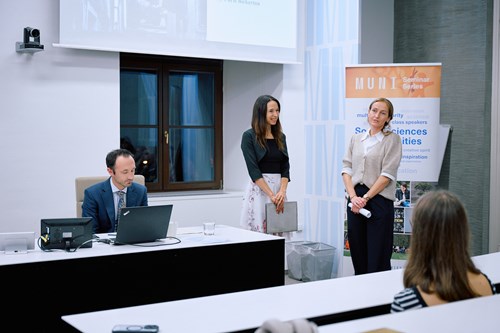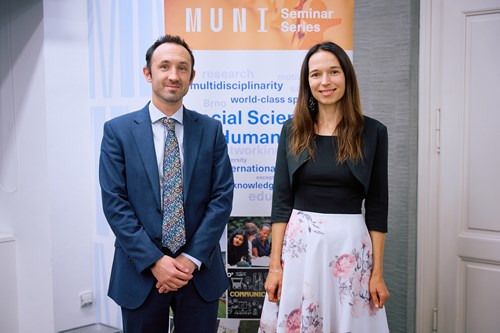Europe's Long 1989
-
12 November 2024
4:30 PM - Meeting room nr. 300, Komenského náměstí 220/2

Chris Bickerton was born in Glasgow, Scotland, to a French mother and English father. He read Politics, Philosophy and Economics at Somerville College, Oxford, and then moved to Geneva to complete a Diplôme d’Études Approfondies in international relations at the Graduate Institute for International Studies. He returned to St John’s College, Oxford, for his doctorate. His first academic appointment was at the University of Amsterdam in the Netherlands, later taking up a position at the Institut d’Études Poltiques (Sciences Po) in Paris, France. He has been based at the department of politics and international studies in Cambridge since 2013. He was elected to an official fellowship at Queens’ College, Cambridge, in the same year and was appointed to a professorship in modern European politics and society at Cambridge in 2024. He is a visiting professor at the College of Europe in Bruges and, in 2023, he held the Walter Ganshof van der Meer Chair at the Institute of European Studies at the Université Libre de Bruxelles. Chris Bickerton is the author of a number of prize-winning and best-selling books. His doctoral thesis on the European Union’s foreign policy was published by Palgrave-Macmillan in 2011. A year later, he published European Integration: From Nation-States to Member States with Oxford University Press, which won the University Association for Contemporary European Studies’ best book award. This book was published in Italian in 2024. In 2016, he published with Penguin the best-selling book, The European Union: A Citizen’s Guide. In 2021, he published another monograph with Oxford University Press, under the title of Technopopulism: The New Logic of Democratic Politics, co-written with Carlo Invernizzi Accetti. Published into Spanish in 2024, this book will come out in Greek in 2025. Over the last two decades, Chris Bickerton has written extensively for the international press, with articles published in the New York Times, the Financial Times, The Guardian, Le Monde Diplomatique, the New Statesman and the Wall Street Journal. Chris Bickerton is currently writing a contemporary history of Europe which will be published by Penguin in 2026.
Abstract
This talk will introduce the notion of Europe’s “long 1989”. This notion connects the remarkable events in central and Eastern Europe in 1989 to a wider set of transformations that began in the early 1980s and ran through into the 1990s and beyond, arguing that we should reframe our understanding of 1989 in terms of this longer and broader historical juncture. The talk focuses on three sets of transformations. Firstly, the dismantling of political systems forged in the earlier era of ideological conflict. Second, the “modernisation” of national economies that entailed the disappearance of institutional expressions of class compromise after 1945. Thirdly, the unravelling of collective identities – class, religion, gender and sexuality – that had come to shape the individual experiences of Europeans so forcefully across the twentieth century. The talk will explore the liberating effects of these transformations and also the ways in which they entailed significant feelings of loss. This complex legacy of Europe’s “long 1989” is felt today, from the geopolitical earthquake of Russia’s invasion of Ukraine in 2022 to the ongoing search for meaning and purpose in an era where freedom has been increasingly understood as the property of individuals rather than as a collective project of social transformation. This talk will explore these themes in multiple ways, including the exploration of literature and film from Europe’s “long 1989”, as well as an extensive and critical engagement with contemporary historiography.
Share event
